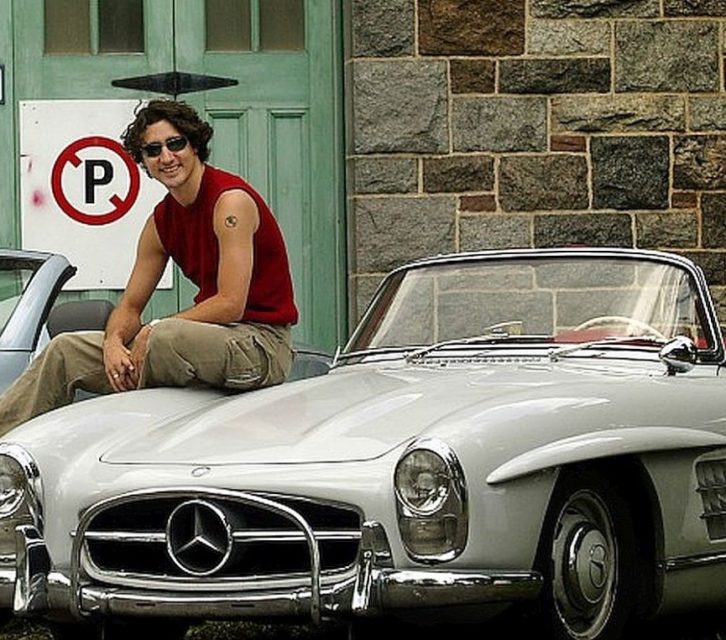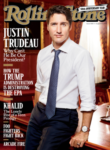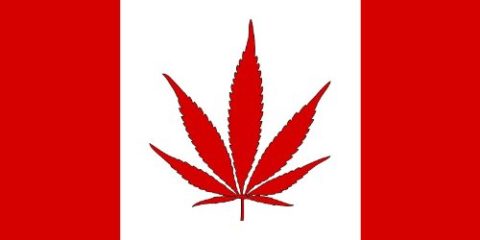Ted Campbell is not happy with the government’s “decision” on peacekeeping:
It appears that today, Prime Minister Justin Trudeau announced just about the “best thing” for him and his Liberals in the long, long, long run up to the 2019 election campaign; but it’s pretty much the worst thing he could do for Canada and the Canadian Forces and the UN. In fact: it appears to involve a handful of “penny packet” commitments ~ a “grab bag” one journalist said, none of which will do much good ~ being too small to even been noticed amongst the 75,000+ UN soldiers in Africa ~ and none of which will contribute materially to the Trudeau Liberal’s quest for a second class, temporary, powerless seat on the worthless UN Security Council.
Let’s be very clear: Canada is not “back” ~ this is a far cry from the sort of traditional UN peacekeeping that Canada did in the 1950s, ’60s and ’70s and that Justin Trudeau and many, many Canadians imagined in 2015, and it is a far cry from what Canada could do if the government really wanted to help.
[…] I suspect that too many non-military voices in too many special interest groups argued for the “penny packet” and “let the UN help decide” approach. My suspicion is that the UN simply doesn’t know how to organize or manage a complex, logistical and/or air transport mission, and the “civil society” special interests that want Canada “back” in UN peacekeeping have no idea at all about military matters or how to get the most bang for the buck.
The good news for the Liberals is that it will the autumn of 2018, at the earliest, when “negotiations” with the UN come to some sort of conclusion and, probably, early 2019 before Canada actually sends anyone into anything like harm’s way … just in time for a campaign photo-op with the PM waving good-by to some female RCAF members in baby blue berets as they board a plane bound for somewhere. And, so long as the UN doesn’t send any home in caskets the Trudeau
governmentcampaign team will be happy. But it will give Team Trudeau another chance to smugly proclaim that “Canada’s back,” and that’s all that really matters in official Ottawa late in this decade.






